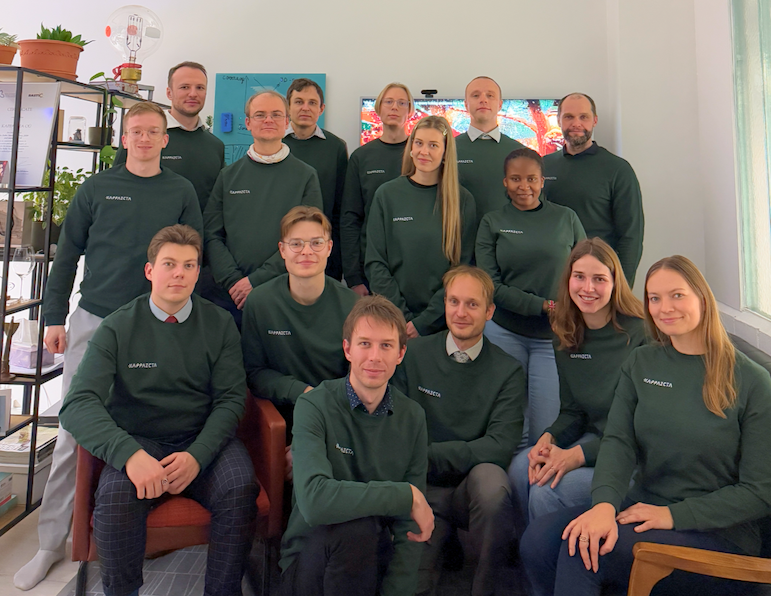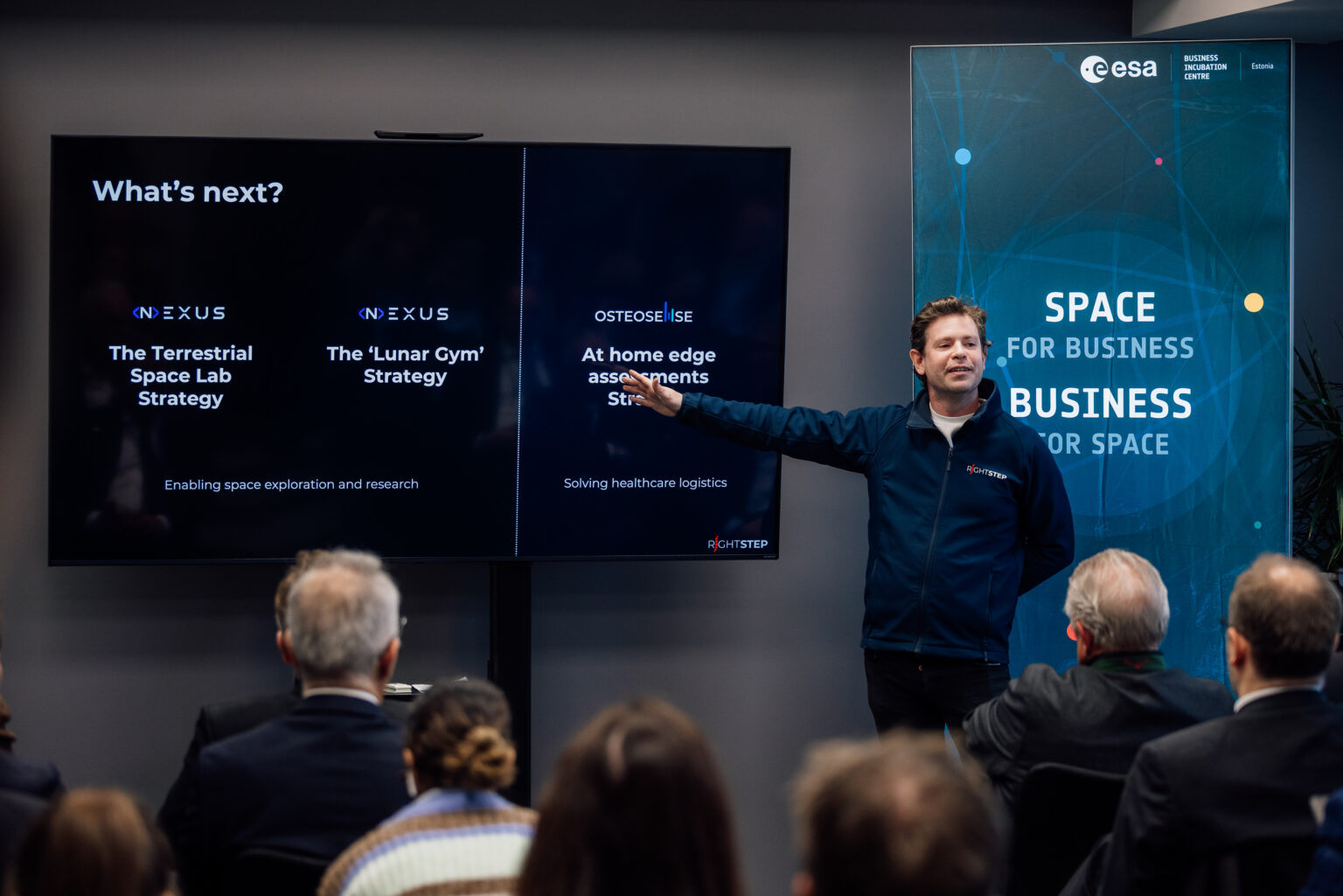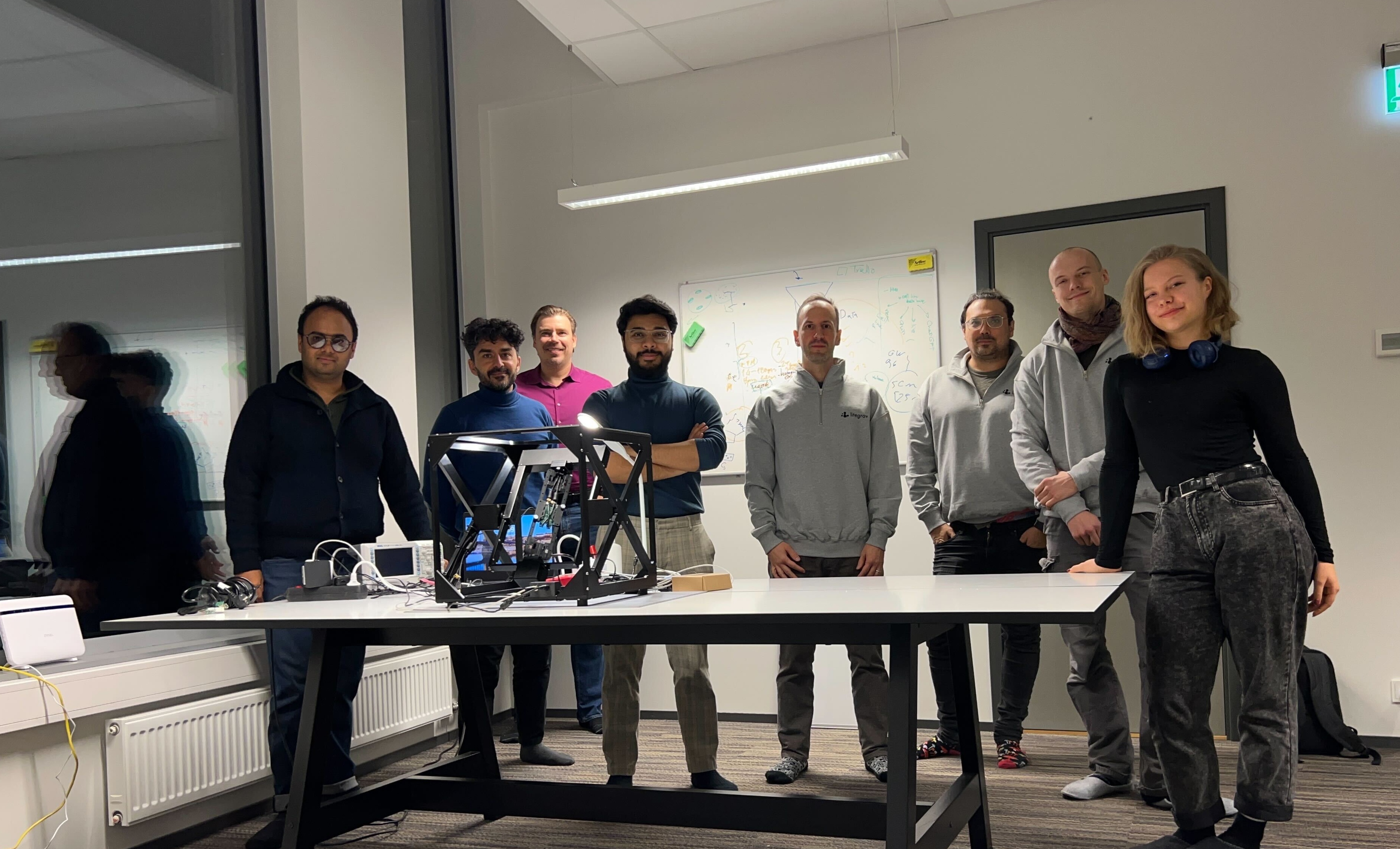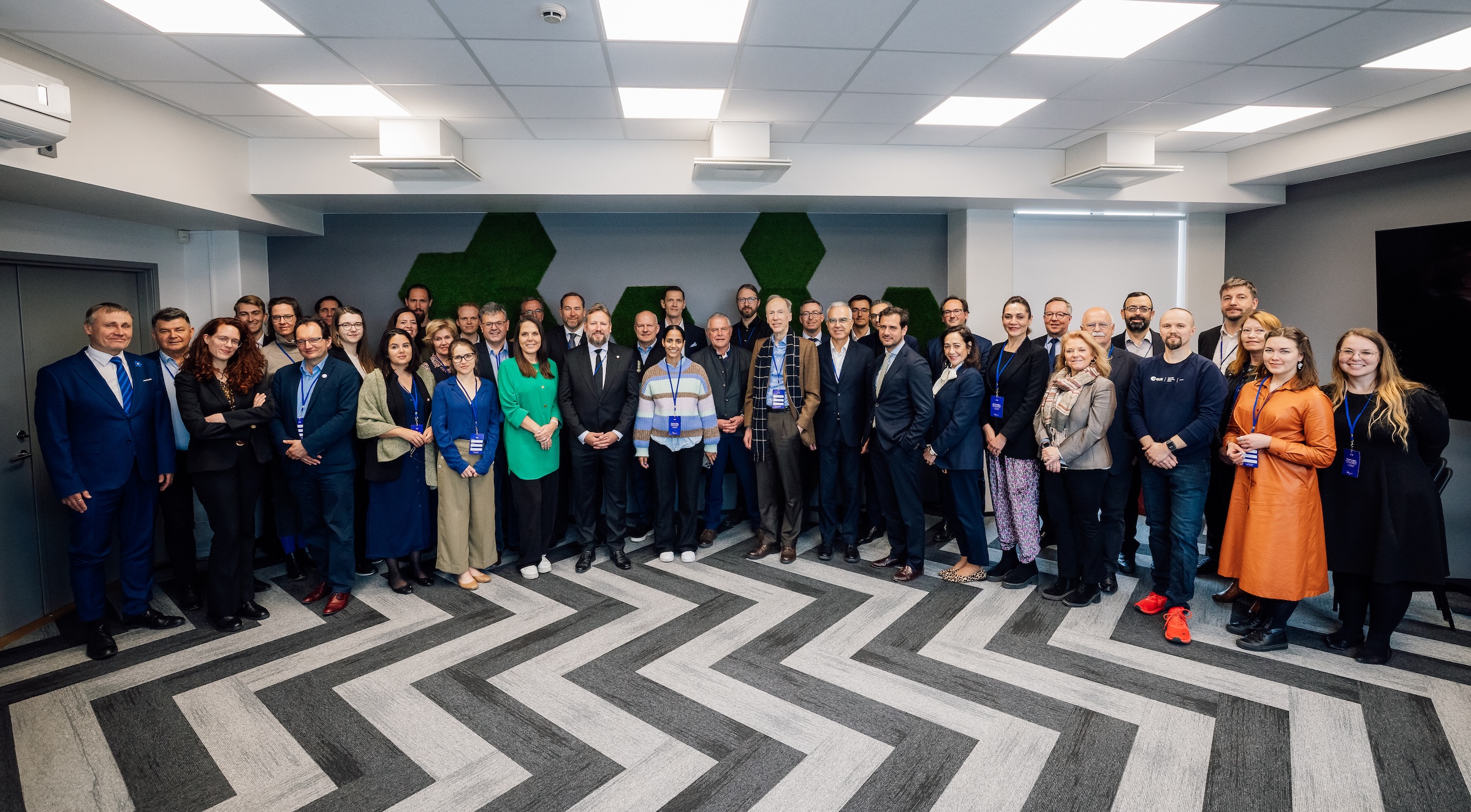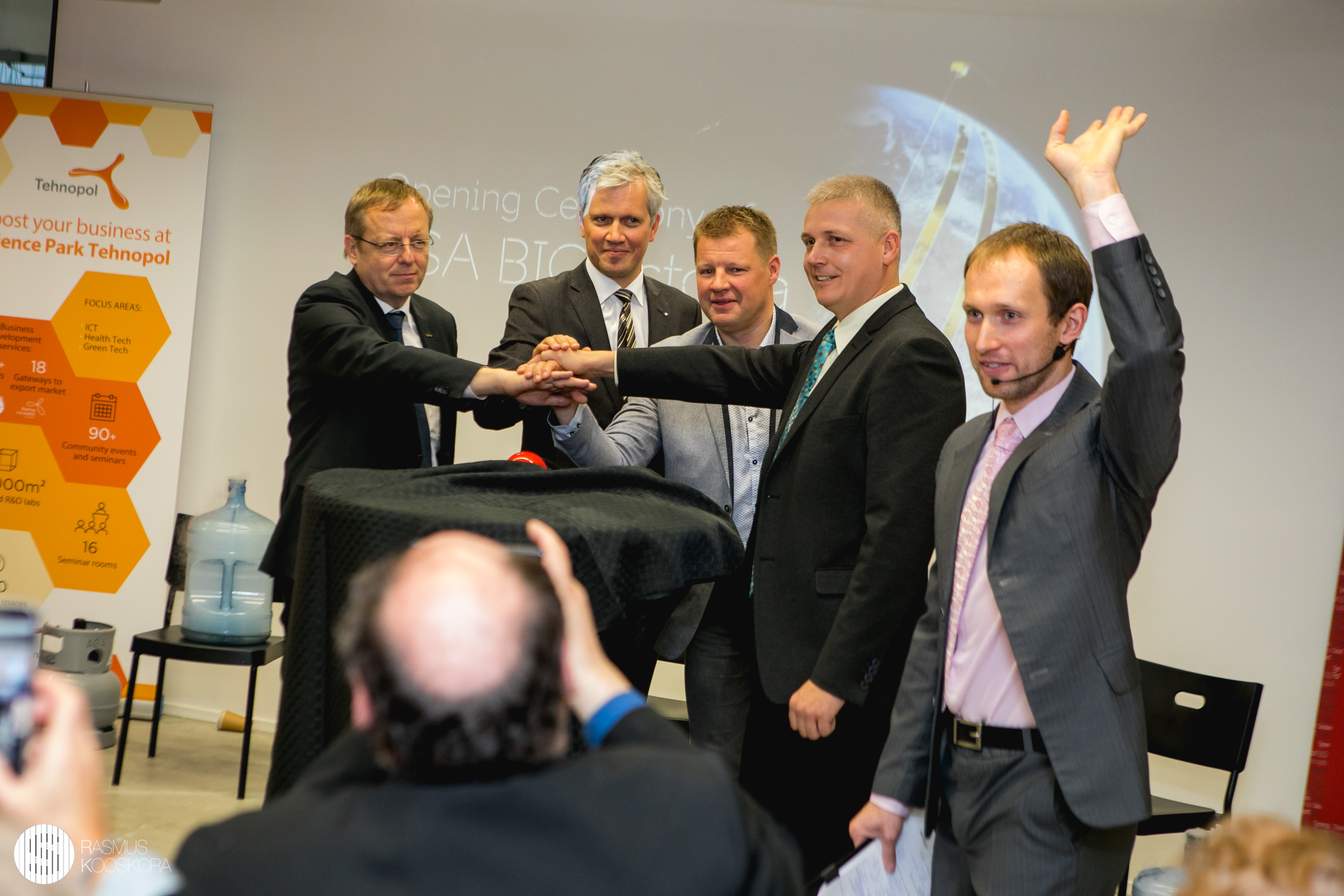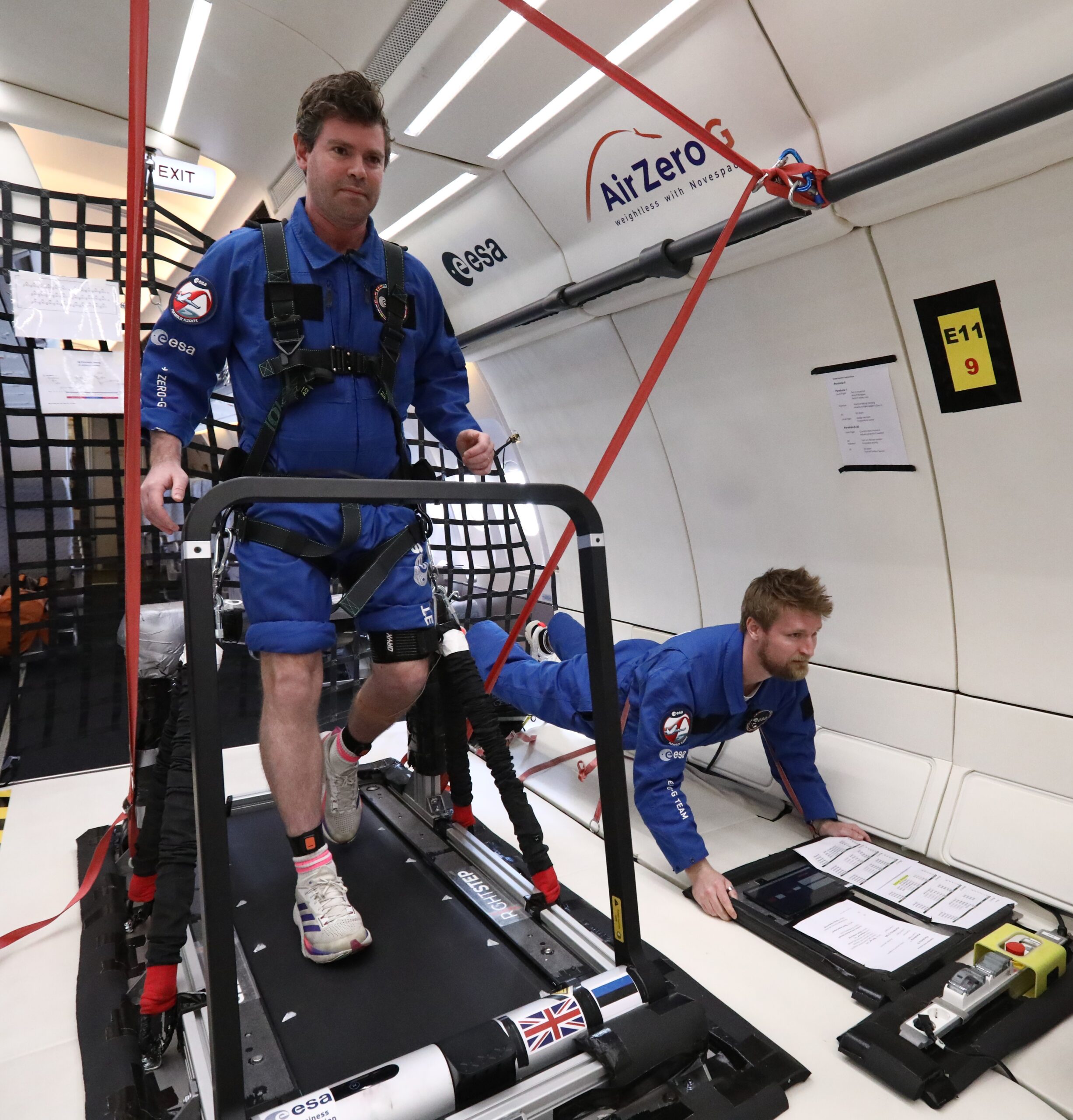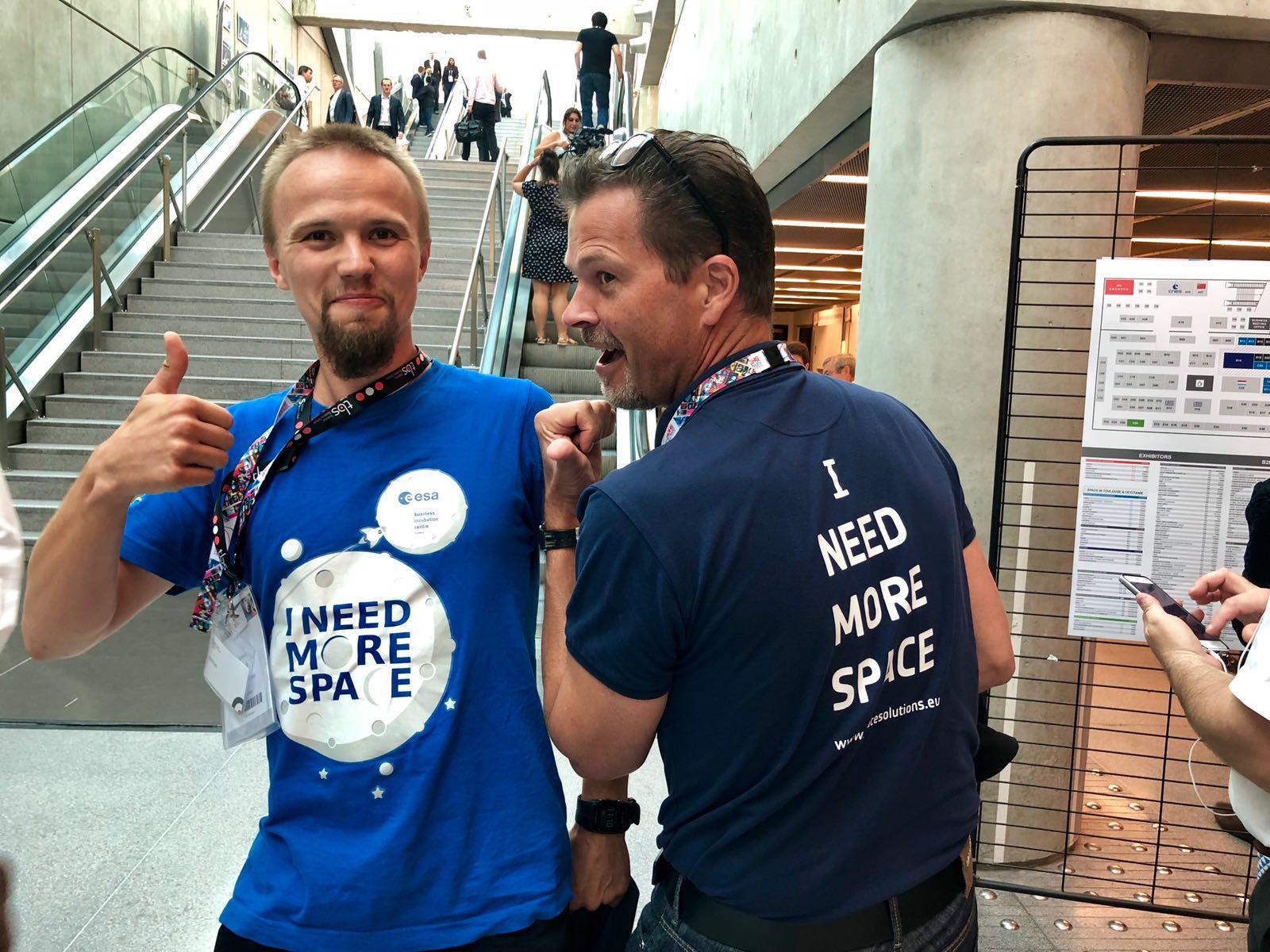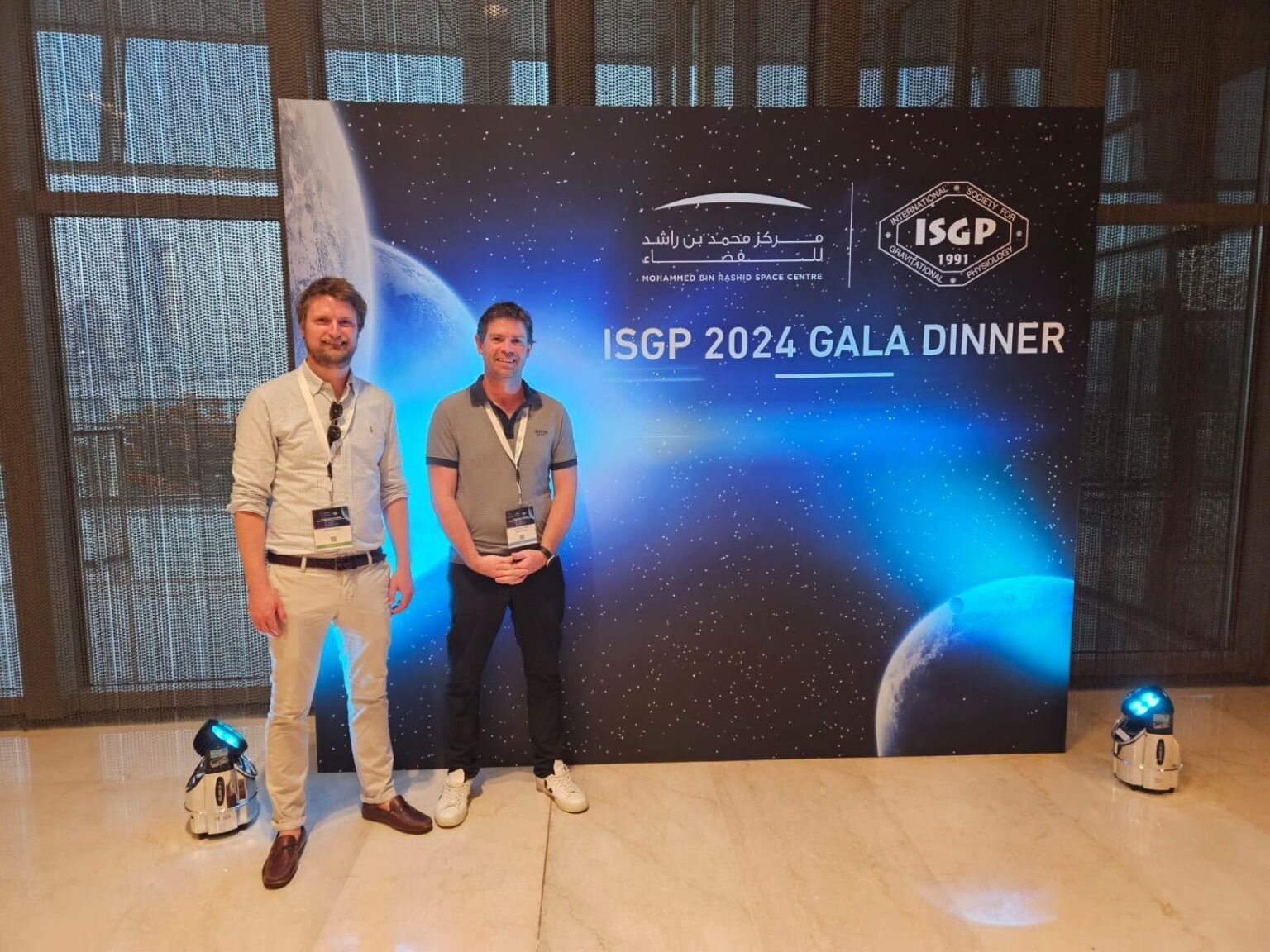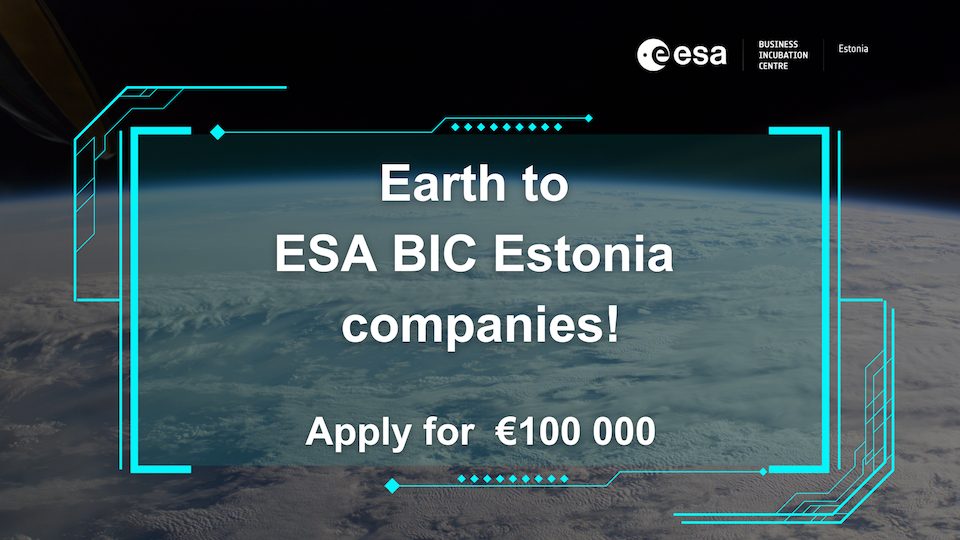The Estonian business incubator of the European Space Agency (ESA BIC Estonia) has selected four new space-focused startups in its latest call – Babayte, Spiral Hydrogen, MS Forest, and Energy Risk Service. Each company will receive a development grant of €60,000, half of which comes from the European Space Agency and the other half from the cities of Tartu and Tallinn, depending on the company’s location.
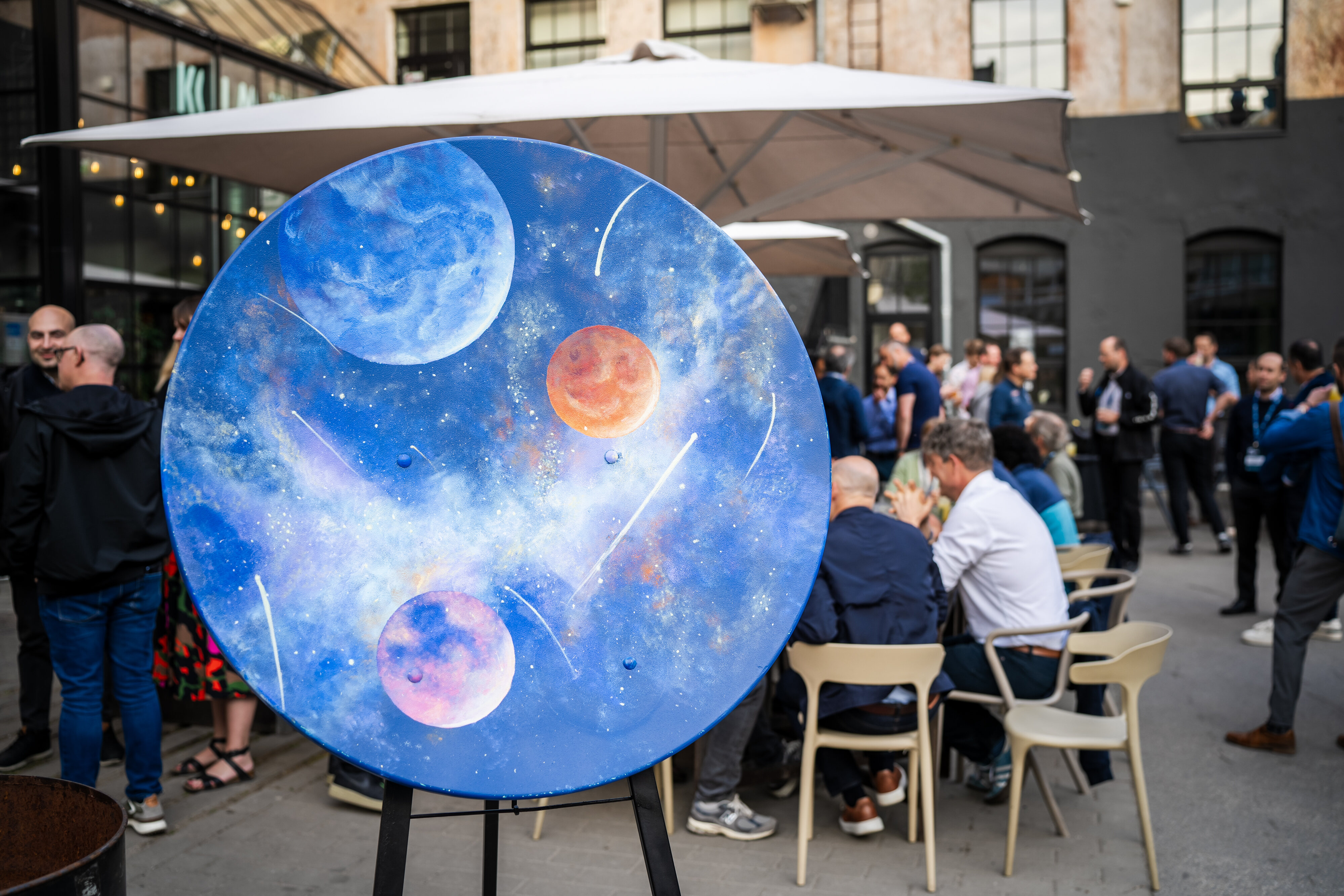
In total, eleven strong candidates presented their ideas to the ESA BIC Estonia consortium. Four companies were chosen, although the initial plan was to accept only three. One slot remains open for the autumn intake.
The selected startups are:
Babayte (Tartu) is developing BabAI Orbital – an onboard AI module for small satellites that helps avoid collisions.
Spiral Hydrogen (Tartu) is working on a new type of hydrogen generator with over 90% energy efficiency.
MS Forest (Tallinn) is creating a dynamic forestry data registry to reduce the time and cost of forest inventories.
Energy Risk Service (Tallinn) is developing a forecasting system for the renewable energy sector based on satellite data.
The Head of the Estonian Space and CERN Office, Madis Võõras, confirmed the high quality of applicants: “The number, quality, and depth of the submitted applications pleased the evaluation panel but also made the selection process more difficult. As a result, four startups were accepted instead of the originally planned three.”
Kristiina Libe, Project Manager for Deep Tech at Tehnopol, emphasized that space technology is no longer just about solving problems in space: “We increasingly see how satellite data and other space-based technologies can be applied for the benefit of our planet. We welcome ambitious, dedicated, and knowledgeable companies to apply and take space tech to the next level – both on Earth and in orbit.” She added that the goal of the ESA BIC accelerator aligns with Tehnopol’s mission to support technology companies and innovation that change the world.
The Head of the Space Sector at Tartu Science Park and ESA BIC Estonia, Sven Lilla, confirmed that the connection between space technologies and everyday life is becoming increasingly evident, and companies are ready to take greater risks to gain a competitive edge: “This time, a notable number of applicants had foreign founders, which shows the growing attractiveness of Estonia’s ecosystem,” Lilla added.
Paul Liias, Head of Space at the Ministry of Economic Affairs and Communications, noted that the state supports deep tech development and entrepreneurship through ESA BIC: “By investing through ESA BIC, the state accelerates the growth of the capital-intensive deep tech sector, helping Estonian startups take their first steps and gain valuable collaboration experience with ESA.” He added that the ESA BIC model has proven successful over the past eight years, helping companies prepare for investment and market entry.
ESA BIC Estonia is managed by Tartu Science Park in cooperation with the science and business campus Tehnopol. The program is co-funded by the European Space Agency and the cities of Tartu and Tallinn, with each city contributing €30,000 per company.
To date, 36 companies have joined the Estonian incubator – half based in Tartu and half in Tallinn. Tartu has contributed €355,000, with its companies generating over €6 million in labor taxes and nearly €10 million in turnover. Tallinn has contributed €345,000, with companies paying nearly €5 million in labor taxes and generating more than €12 million in revenue.

